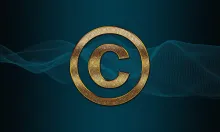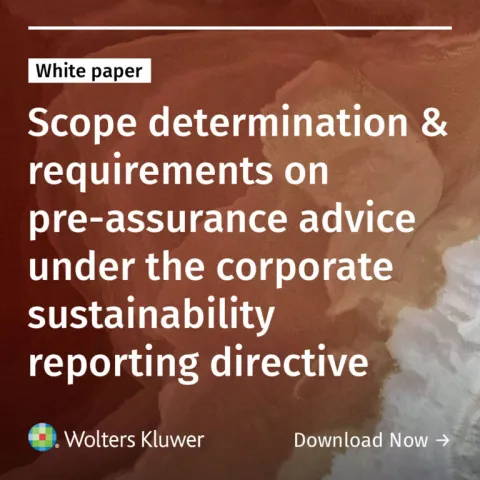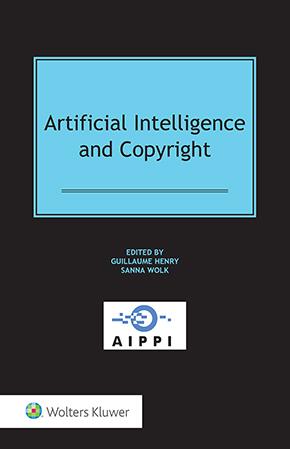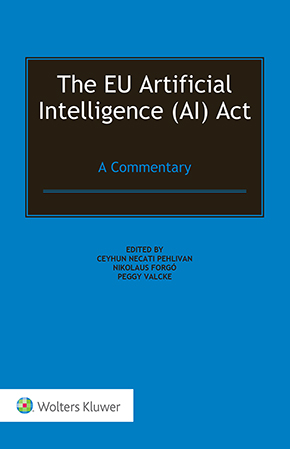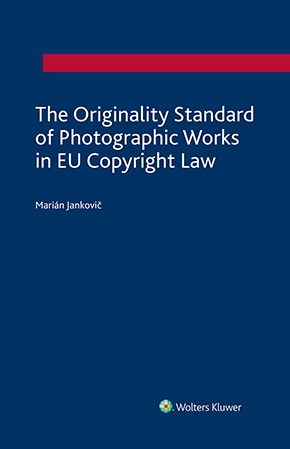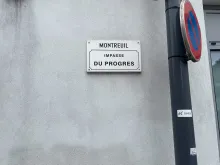The first major Generative AI and copyright case in Brazil: first impressions and challenges ahead
November 18, 2025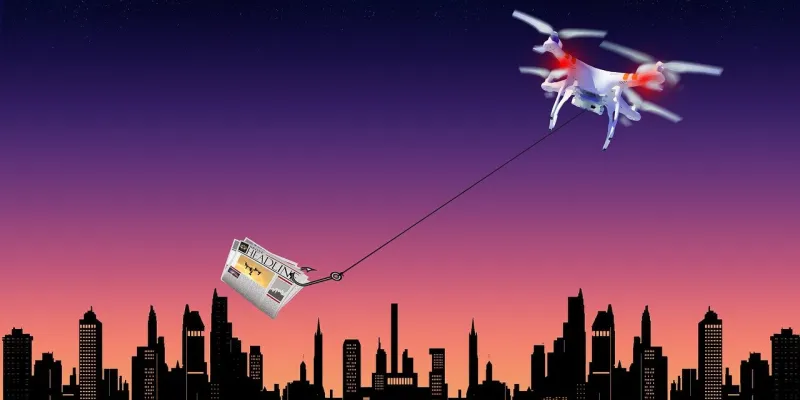
Introduction
Last August, Brazil became the stage for a new chapter in the controversies of Generative AI (Gen AI) and copyright – its first high-profile case, in which OpenAI faces a lawsuit from Folha de São Paulo (“Folha”), a major newspaper company in the country. While this case may seem in many ways similar to the United States-based New York Times case, it also stands apart due to a number of peculiarities in Brazilian copyright law - as discussed below.
The Case
On August 20, Folha filed a lawsuit against OpenAI (link in Portuguese) for copyright infringement and unfair competition regarding the development and functionalities of ChatGPT, owned by the defendant. The main claims are as follows:
The development of ChatGPT allegedly occurred through accessing and scraping the contents of the plaintiff’s website without previous consent and authorization, encroaching upon Folha’s reproduction rights, among others (further discussed below);
Moreover, when prompted accordingly, the model would allegedly reproduce exact excerpts from Folha’s articles without providing a link to the original source, thus infringing upon the right of communication to the public;
Folha also argues that ChatGPT’s training circumvented technological protection measures set up by the plaintiff, such as paywalls and protocols instructing bots not to collect data from their content;
In doing the above, Folha claims OpenAI is incurring in acts of unfair competition, by diverting users to the defendant’s product and away from the plaintiff’s. By generating summaries and answers that replicate Folha's content, ChatGPT would undermine the newspaper's business model, allowing users to get the core of the news without visiting the website, leading to loss of traffic, ad revenue, and subscriptions.
Apart from more technical considerations, a noteworthy feature of the case is how the suit is based on legal grounds beyond just copyright, notably including unfair competition claims - which are not strictly bound by considerations such as limitations and exceptions or even whether the content under scrutiny would constitute protected matter in the first place. The lawsuit also seeks to employ some of the remedies for infringement in Brazilian copyright law in a different way: alongside compensatory damages and the cessation of the infringement, Folha requests the destruction of the models involved in the infringement, using Article 106 of the Brazilian Copyright Act as basis, which provides for the possibility of confiscation or destruction of the tools used in the infringing activity.
On their side, OpenAI mainly questions the very possibility of a reproduction right being violated, claiming that their model does not keep copies of the material and that the nature of training as reproduction is debatable: not only for the transitory nature of the process of analysis, but because the training would be making use exclusively of the material as data - or, as the response puts it, the ideas contained in the works, which are not protected by copyright. OpenAI also claims that the Plaintiff’s works revolve around reporting facts, which also should not be considered copyrighted material. Hence, blocking the operation of such content by the model would bring not only problems for users but also create potentially harmful precedents for other developers, hampering current innovation efforts.
Although publicly available information on this case is limited due to a court-mandated confidentiality order, it is useful at this stage to outline key elements of the Brazilian regulatory framework and, albeit speculatively, highlight factors that may prove decisive as the case unfolds.
Peculiarities of Brazilian Copyright Law
The Folha lawsuit elicits interest not only for building upon previous cases involving Gen AI and introducing novel arguments, but especially for taking place in a jurisdiction where some of the standard arguments levied by Gen AI developers elsewhere would need re-evaluation. Firstly, Article 29 of the country’s Copyright Act does not exhaust the exclusive rights granted to the rightsholder, serving as an open clause and, thus, allowing the flexibility to add future rights and their exercise within its text. As such, several acts that may be required to train a Gen AI model—such as “the inclusion of a work in a database” and other forms of electronic archiving, explicitly mentioned in Section IX of the same Article—are considered exclusive rights and, therefore, may require prior authorization and possibly remuneration, regardless of whether such training would constitute reproduction under the law.
Additionally, Brazilian Copyright Law does not feature a fair use doctrine in the traditional sense - opting, historically, to permit some practices as limitations and exceptions, which are provided in Arts. 46, 47, and 48 of the Brazilian Copyright Act. Examples include uses for the purpose of parody, quotation, and enabling visually impaired persons to enjoy a copyrighted work. In Latin American countries, limitations and exceptions are often interpreted in a restrictive manner, with a closed list of narrowly-defined cases. Brazil, however, can be seen as an exception, given the growing understanding, since a landmark decision from the Superior Court of Justice (STJ) in 2011 (link in Portuguese), that the scope of copyright can only be determined after considering its limitations and exceptions, in accordance with fundamental rights and the three-step test - a consideration that allows Brazilian courts to identify lawful uses beyond those listed in the articles mentioned above.
However, even with such possibility, it remains very difficult to justify training large commercial Gen AI models on copyrighted works in the country without authorization and compensation: besides the aforementioned considerations on Article 29, the uses in question here are commercial in purpose, potentially competing with human-created works and directly harming the economic interests of rights holders, and thus may not comply with the the criteria defined by the STJ ruling.
With all that said, there is still the question of whether Brazilian authorities have the power to rule over a case where the infringement might have happened elsewhere. Article 12 of the Brazilian Law on Jurisdiction states that the Brazilian judicial authority has jurisdiction, among other cases, “when the obligation must be fulfilled in the country”. Since the obligation demanded involves ceasing the training of datasets on material produced in Brazil, this could serve as basis for a local court to claim jurisdiction over the case. On the other hand, due to its digital nature, the exact location of the acts and resources involved in the training is unknown, making the enforceability of local rulings uncertain.
Conclusion
The Folha case so far finds itself in a rather peculiar position compared to similar cases in other jurisdictions. On the one hand, at least some of the acts carried out during AI training are considered restricted uses in Brazil, and the existing limitations and exceptions in the country, even when interpreted extensively, may not provide a strong defense. Despite the aforementioned 2011 STJ decision having made room to argue that certain acts could be treated as limitations and exceptions not expressly listed in the copyright law, the uses in question here may not comply with the conditions imposed by Brazilian copyright law. On the other hand, the transnational nature of AI training conducted by large companies places considerable uncertainty over the reach judicial cases can have outside of defendants’ jurisdictions of origin, as the obligations involved encompass materials produced locally, but practices and resources located in undetermined locations.
All in all, this case evokes special considerations: apart from the novelty of the unfair competition claims and the request for destruction of materials, it showcases how AI companies may respond when fair use or explicit limitations and exceptions are not (currently) available. Conversely, it also brings to light possible challenges to judicial and legal enforcement when there is a lack of information over where the training has been performed. For these reasons, the outcome of this case remains difficult to anticipate until further developments are made public.
You may also like
